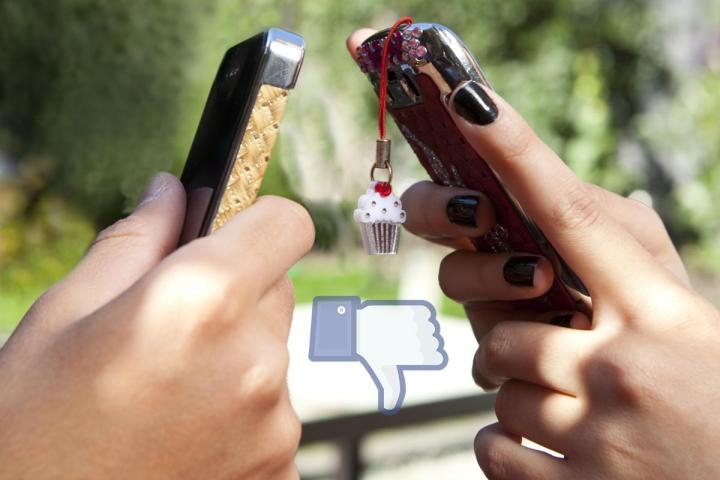
Alternatively, Instagram grew in popularity with 76 percent responding in the affirmative. In addition, sites like Twitter, Pinterest, Tumblr and Reddit pulled in similar numbers as the last study. Only Google+ plummeted with Facebook, dropping from 21 percent in Spring 2014 to just 12 percent in the Fall study.
Interestingly, teens also prefer being exposed to marketing efforts on Instagram and Twitter over Facebook by a significant margin; which means advertising dollars used to attract teen spending are likely to be less effective on Facebook. Marketing seems to be working for Apple when it comes to smartphones. The number of teens that own iPhones rose from 61 percent in Spring 2014 to 67 percent in the Fall study. In addition, 73 percent of teens expect their next smartphone to be the iPhone. However, there was no additional growth in the share of teen iPad owners and interest in owning an iWatch at a $350 price point was at a dismal 16 percent.
When it comes to video consumption, teens are continuing to shift from physical rentals and purchases to streaming services. Specifically, Netflix continues to dominate the time of teens while Redbox, Amazon and Hulu lag far behind Netflix’s popularity. Not surprisingly, the popularity of renting movies in stores like Blockbuster continued to shrink and Redbox kiosk usage remained relatively flat over the last six months. When watching a film, IMAX continues to be the most popular type of viewing experience followed by 2D in the theater, streaming the film, 3D in the theater, DVD rental, video-on-demand and finally a DVD purchase.
Regarding video games, there was a slight uptick in the number of teens that are interested in or have already upgraded to the PlayStation 4 or Xbox One. Teens continue to be interested in purchasing used games and GameStop is the most common retailer where teens will purchase used games.
On the mobile gaming front, usage of mobile games is approximately the same, but the amount of money being spent withing mobile games is on the rise. Specifically, 22 percent of teens spend money on virtual goods or additional levels, up from 18 percent in the Spring study. The most popular mobile games among teens include ‘Clash of Clans’, ‘Candy Crush’ and ‘Kim Kardashian: Hollywood’.
Related: Teenager spends more than $46,000 in free-to-play game
While the number of teens that listen to downloaded digital music files grew slightly over the last six months, Pandora has taken a hit in popularity among teens. Specifically, the number of teens that listen to Pandora fell from 26 percent in the Spring study to just 18 percent in the Fall study. Pandora consumption in the car also fell, likely a slight boost for local radio stations and other streaming services like Spotify.
This data was collected from approximately 7,200 teenagers with an average age of 16. Approximately 70 percent of that group had an average household income of $56,000 while the remainder of the respondents were from upper income families earning an average of $109,000. You can read the entire study here.
Editors' Recommendations
- How to remove location data from your iPhone photos
- Instagram mulls iPhone widget for easier account switching
- Targeted Facebook ads are about to lose a big audience: iPhone owners
- Graduations are canceled, so Facebook is hosting one for all U.S. students
- Finally, a chocolate iPhone case that you can actually eat


